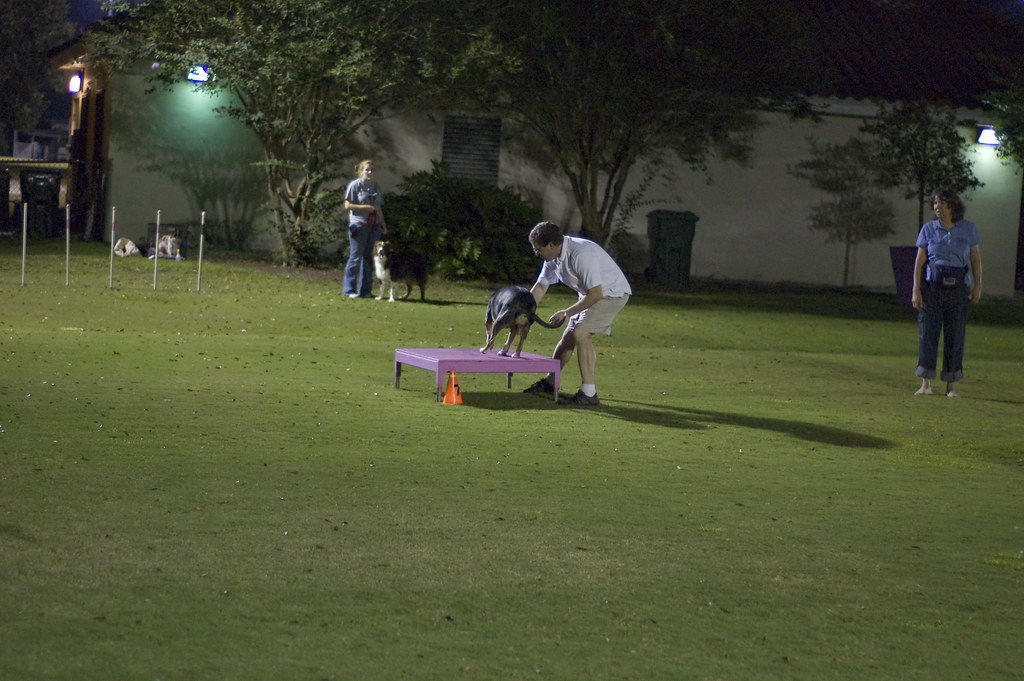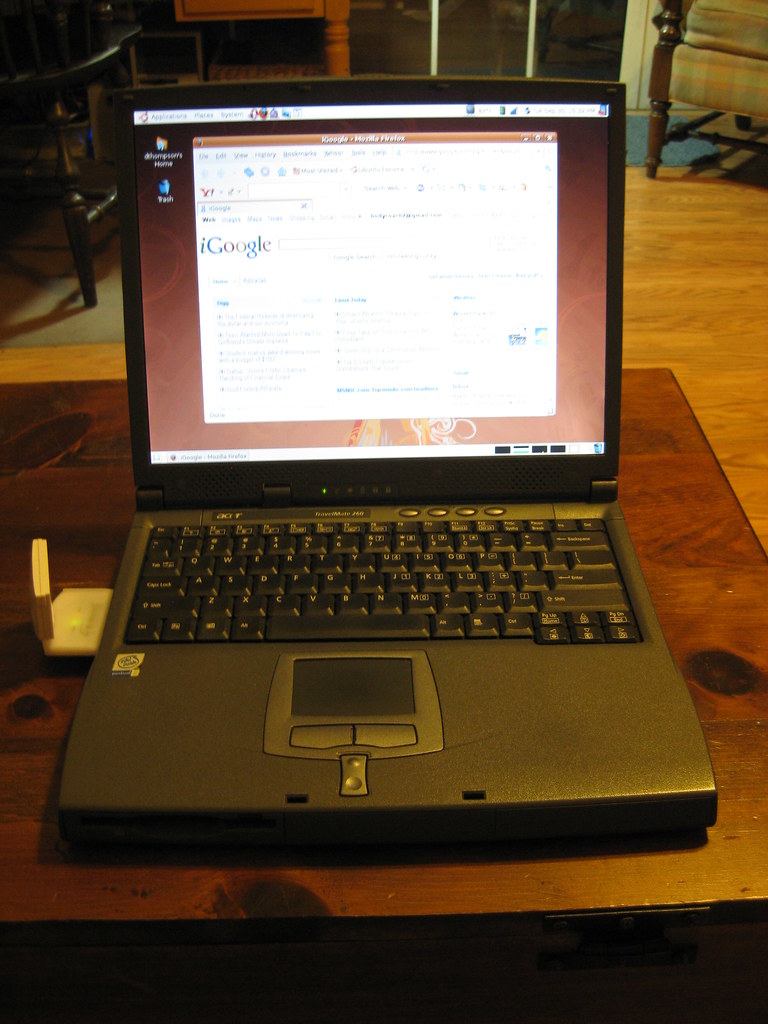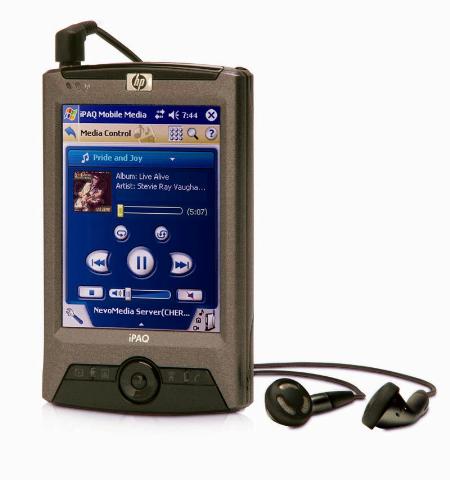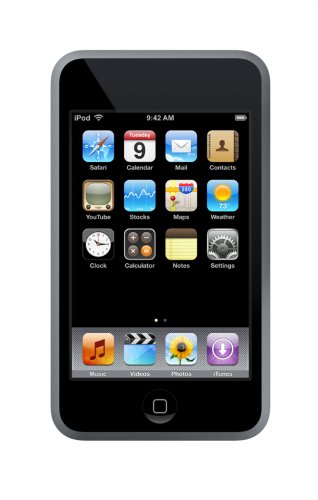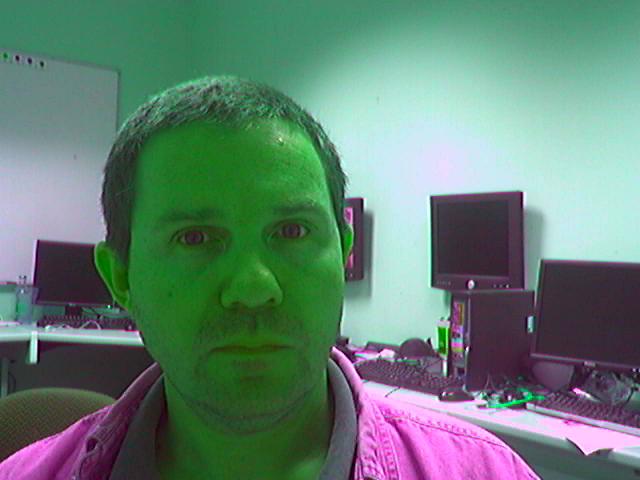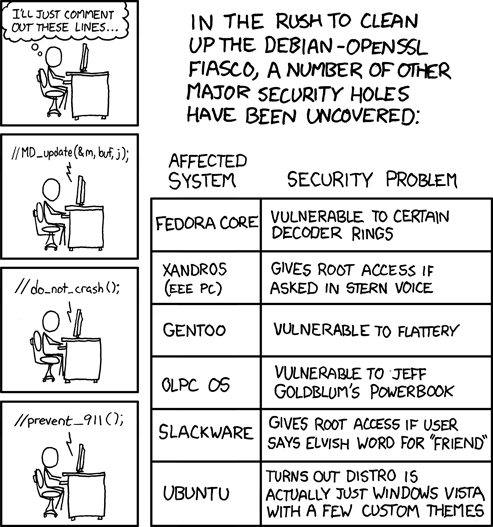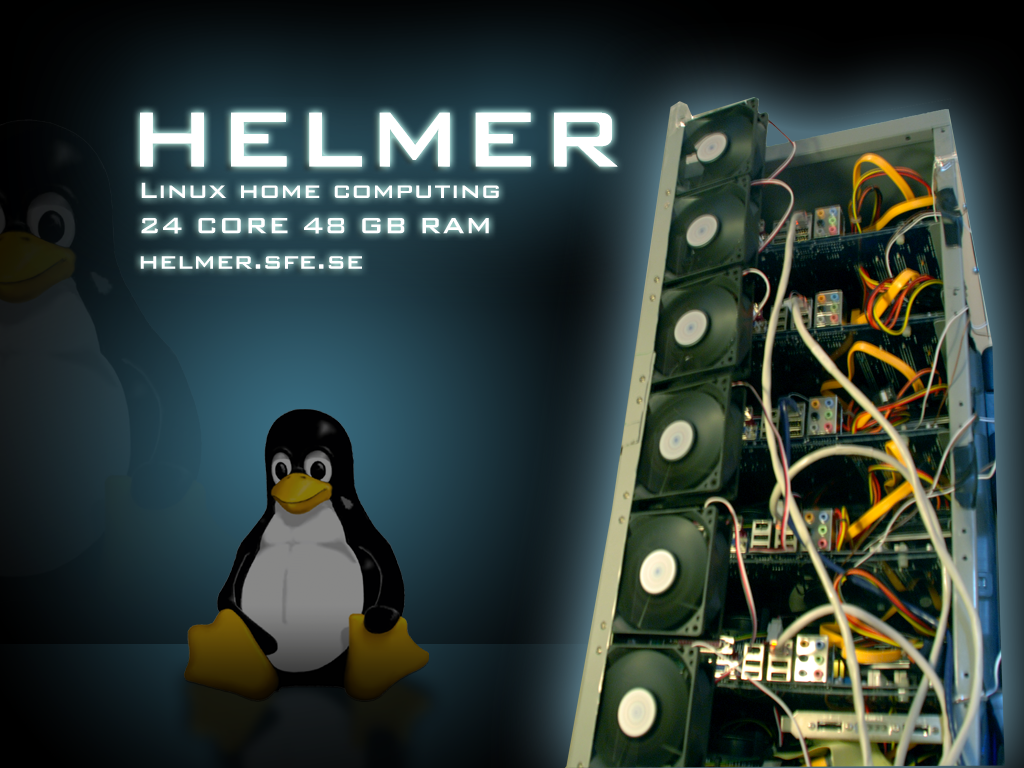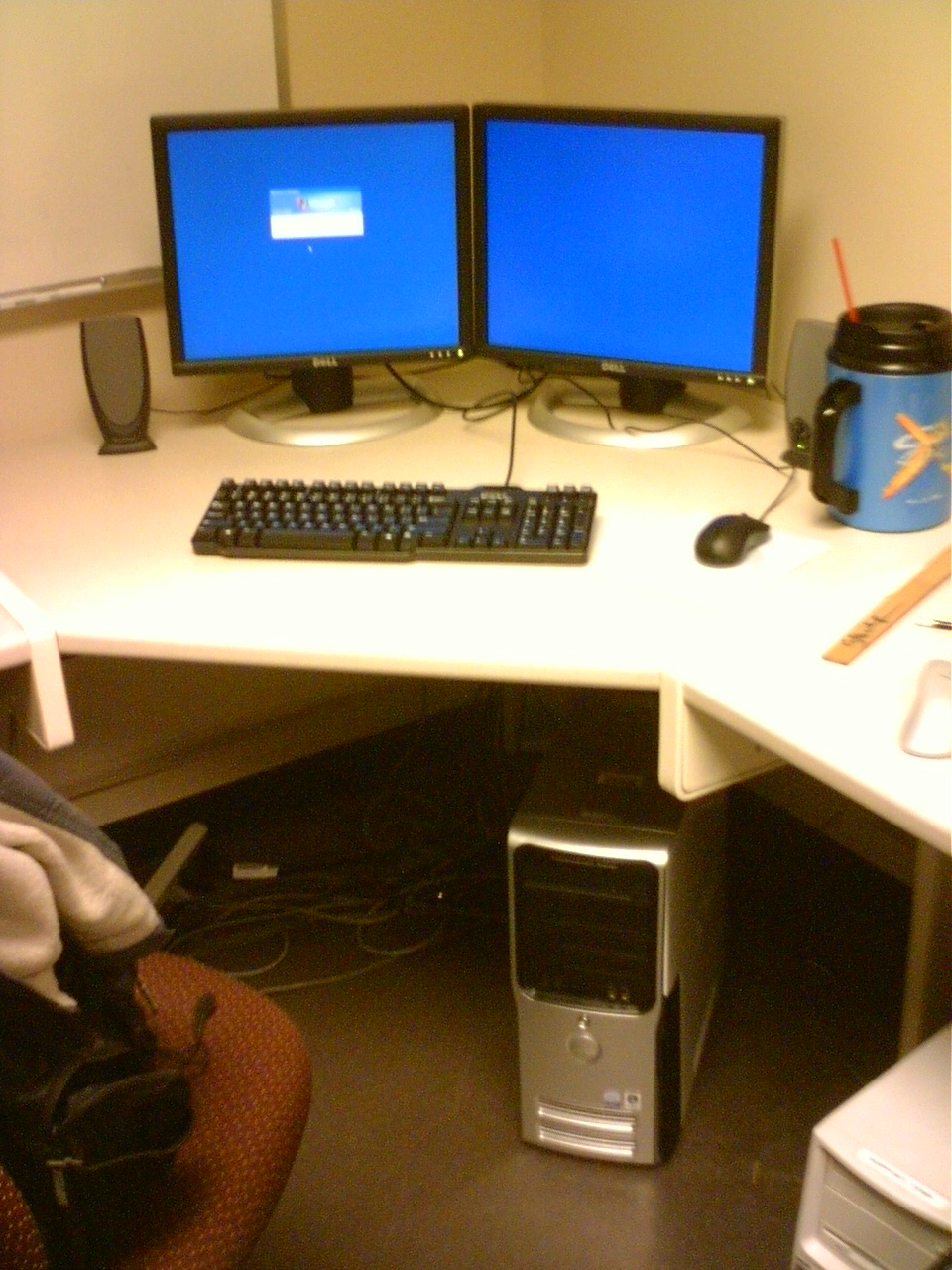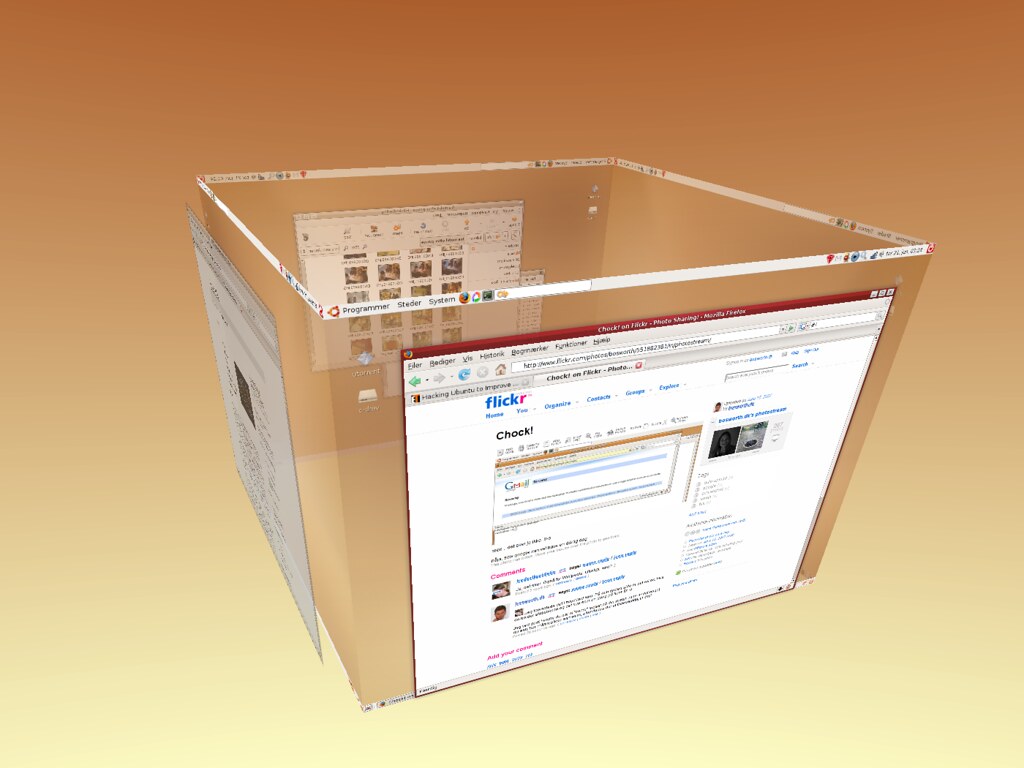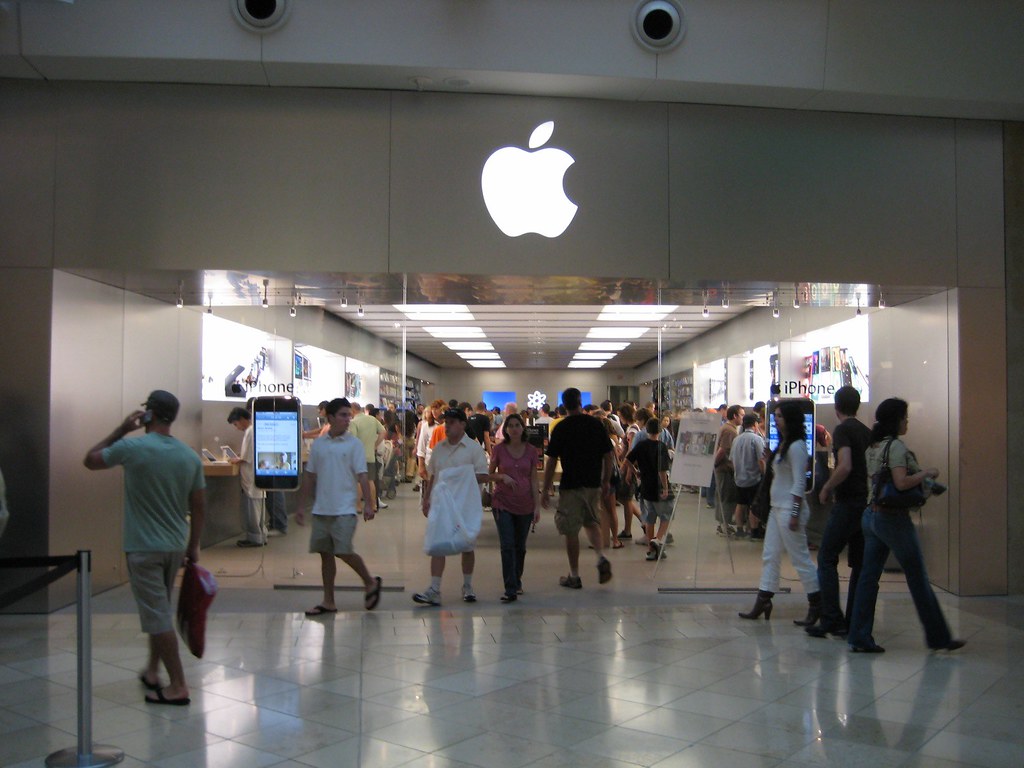"Whatever happened to Personal Responsibility"? This is a term and question that gets thrown around a lot these days. People who accuse others of abdicating personal responsibility seem to avoid looking at their own life, and examining their own abdications.
So what did happen to
Personal Responsibility?
In one word:
CONVENIENCE. We now actually have a choice in the matter.
Physics and Personal ResponsibilityOne hundred years ago -or even just eighty years ago- we had no choice in personal responsibility. Just getting through daily life was a struggle. Very few, only the super rich, had a choice in how they went about daily life. I'm not talking about he major life decisions here. I mean simply tasks of living; waking up, getting to work, getting food, acquiring clothing, all that stuff. Those tasks are so freaking simply for us today, we don't give them much thought or consideration.
Modern conveniences have made life much easier. The clothes washer, dishwasher, microwave oven are examples of things in our home that make life easier. One hundred years ago, when we didn't have those things, getting those tasks done -washing clothes, washing dishes, cooking meals- required much more labor.
For example, in the USA we can go to the supermarket, pickup some chicken, get the shake n' bake pack, a box of rice, and have dinner done very quickly. To be absolutely convenient -we can go through drive through and pick it up. Sometimes buying food that way is actually cheaper!
In other parts of the world, if you want chicken for dinner, you get it two ways; go out in the backyard and catch one, or buy one at the street market. In both these instances, the chicken is still alive. Before you can cook chicken, you have to kill it. Cut it's head off, gut and pluck it, skin it if you like it that way, then cook it. Rice can be a wee bit easier to get, but not much.
In the modern world, especially in the USA, we've become addicted to convenience. The
conservation of energy -and
conservation of momentum- are laws of physics that greatly apply to all areas of life. Basically, an object as rest will tend to say at rest, unless an outside force is place on it. In the past, daily life was that outside force. Any organism will produce as little energy as possible to get a task done. This is a universal in all living organisms. We will produce only the required energy to get a task done. If we have the option to produce less energy, that is exactly what will happen. Every animal, every creature follows that law.
Ron Paul made an excellent point about health care: "We don't have a health care problem in America. We have a health problem." He is right. Humans are not made to move a little as we do. Our bodies are adapted for locomotion, for movement. But our cars do our moving for us. Our buses, planes, elevators, escalators. I'm convinced part of the rash of anxiety issues in our society is directly related to our lack of movement. That speculation probably comes from my observation of the effect in dogs. Just watch The Dog Whisperer, and you'll see what I mean.
In today's world, especially in the USA, you actually have to make a concerted effort to produce more energy than is required. This goes against the law of Conservation of Energy. We actually have go against the laws of nature and animal instinct to produce more effort than we have to! We actually have to try to lose excess body weight!! We actually have to go out of our way to walk more, bike to work, take the stairs, or almost any other daily movement decision.
This addiction to convenience extends to all areas of modern life. You see it in our daily impatience. I speculate that people were much more patient, out of necessity, before one hundred years ago. Because we have the ability to produce almost-instant results, we expect it. We live with convenience so much so, that we sometimes forget there is another choice. We actually forget to 'take personal responsibility'. The use of convenience is the abdication of Personal Responsibility. You've done it. You know you have. We all have, simply because the convenience is there.
Trial Lawyer, and Personal Responsibility
I've said it before, and I'll say it again:
"Trial Lawyers are the cause of idiocy in America!"It works like this:
Part of what's kept us alive as humans are critical thinking skills. Living off the land creates very well developed critical thinking skills -everything you do is critical. In today's world, you don't have to think anymore. Someone else has done it for you.
Someone stands too close to Niagara falls, and falls in. That's a completely natural event. No violence, just poor judgement skills. But, the Trial Lawyer was on his visit to Niagara too. Rushed over and immediately assumed representation, and made the surviving family wealthy. The Niagara park was sue beyond wits end, and new policies and procedures where put in place -along with taller rails. Since then, no one has gone over the falls.
Now, that story is fake, of course, but it kind of makes the point. People don't get to exercise the critical thinking skills of, "Don't get so friggin near that drop." Now imagine something like that, put in place everywhere you go. Our society does not get to exercise critical thinking skills. The necessary external force (from the law of conservation of momentum) is simply not there for us anymore. Natural selection simply isn't happening.
All because of trial lawyers.In the Discovery Channel movie, "
Alien Planet",
biologist and animal behaviorist discussed the concept that the predatory instinct enables intelligence. No, I'm not talking about the lawyers. I'm talking about us. Our predatory instinct drives us to observe, plan, consider options, and take risks. Like muscle, that ability must be utilized and practiced, or it atrophies. We are no longer, as a society, using our predatory instinct or critical thinking skills
because we aren't force to do so. The external forces that push us to use those skills are far less, to be virtually non-existent.
Now, the problem gets worse. We're currently in our second or third generation of people who haven't needed to use critical thinking skills. How can we expect someone to learn and use critical thinking skills if the necessary environment does not exist? How can we expect these people to teach their children those skills? How can we expect teachers who grew up in that environment to teach what they have never learned? Is it their fault they haven't acquired critical thinking skills? Remember the laws of the conversation of energy and momentum? People who expect personal responsibility to just arise out of nowhere in our society are doing the same as expecting a Dolphin to just flop up on land, and suddenly start walking. A Dolphin is able to use its innate abilities in the water, but not on land.
Until we live in a society where we have no choice but to learn and practice critical thinking skills, Personal Responsibility will not occur. To expect Personal Responsibility to be learned or practiced in an environment where it's not required, is futile. When the option exists where we don't have to use it, we won't. When we have to produce more effort, when we are forced to make more critical decisions, Personal Responsibility is the natural result of that environment.
Social ResponsibilityThe problem is compounded further by our current practice of Social Responsibility.
We're at such a population density that what happens in one part of the world has ripple effect, and we're all affected. Even small decisions can have a world wide impact. "A Computer on Every Desktop" started off as a small idea. That idea has literally changed the face of the earth.
When people are at a point where they cannot or will not take care of themselves, that effects us all. 'Cannot' and 'will not' are two very different occurrences, but the social effects are the same. If that occurrence increases, the effects can be disastrous. We are one of the few animals that have the ability to be
altruistic. I've witness dogs and dolphins doing so, but for the same reasons we do; what benefits the pack (or society) benefits me.
We have a desire, even responsibility, to help our fellow man. We even do it with the knowledge that doing so helps ourselves. But has that intent created a society that produces sicker people, with less intelligence? Have the lawyers that got the big business to do our thinking for us created a society leading towards
Idiocracy?
When you make a purchase, do you consider the entire chain that created that item? Take a stick of gum:
- Where did the raw materials come from? How are those workers treated?
- Where did the packaging materials come from? How are those chemicals going to affect the area?
- How did the transportation of that item affect us? Is the truck driver paid well enough? How is that transportation decision affecting us all?
- Do the ingredients in the gum compromise your health? Are you even aware if they do?
Entire books can and have been written on the chain of effect. But, to make a conscious decision, you have to be aware of the effects. Then again, who has time for that? It's far more convenient to just grab the stick of gum, and let others make those decisions for us. As consumers, we make social compromises everyday, especially where convenience is concerned. Those compromises also affect our Personal Responsibility.
We're not going to be able to wipe the social slate over, and start clean. That's impractical. It's also impractical to promote the idea of "going back to" anything. We don't travel back in time, yet. Our human experience is always forward in time. But how can we create a social environment the enables and increases critical thinking skills? How can we create a health system that helps created stronger, more disease resistant humans? Is it our social responsibility to produce a society that actually challenges, and even probably endangers, our posterity to make sure they retain and increase critical thinking skills?
As for me - I'm going to keep being a
Personal Energy Conservationist.





